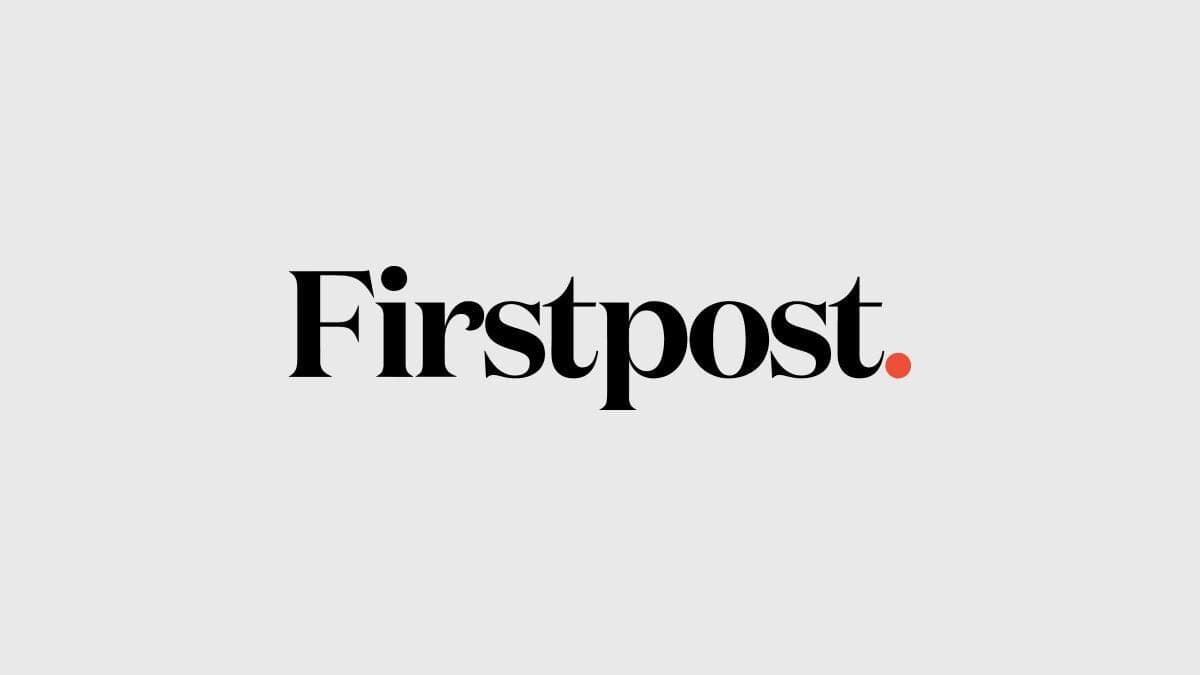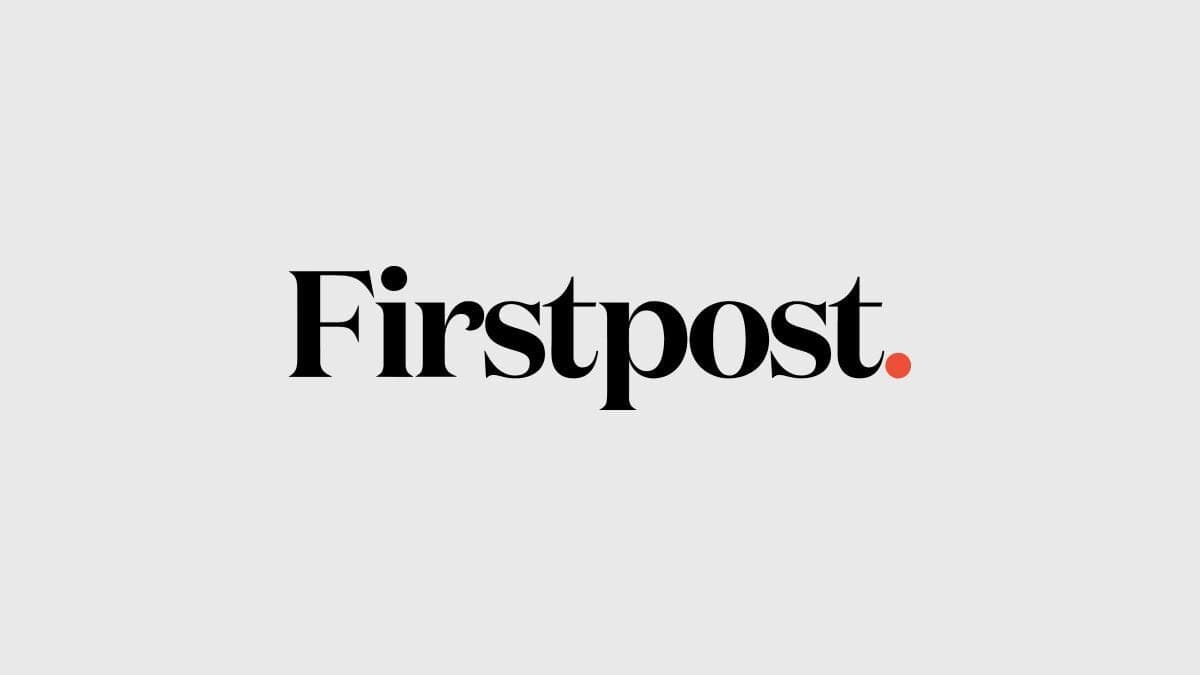There seems to be a contradiction in Aadhaar-social welfare schemes linkage with respect to the Supreme Court’s orders. In March this year, the Supreme Court had said (read a report here) that Aadhaar cannot be made mandatory for availing social welfare schemes. The apex court then said "obtaining the 12-digit Unique Identification Number, which requires the holder to part with his personal bio-metric data, and using it to avail himself of government subsidy was a voluntary exercise", The Hindu reported.
But on Friday, while issuing an interim order on Aadhaar linking with various schemes, the apex court said it is extending the deadline for linking Aadhaar with all schemes, including welfare schemes run by the Centre and states. It is not clear whether the SC now wants to add welfare schemes to the Aadhaar-mandatory list. This only adds to the confusion on the status of social welfare schemes. According to this Hindu report, the order extended the deadline for Aadhaar linking to avail 139 services and subsidies under Section 7 of the Aadhaar Act to 31 March 2018.
#Aadhaar Case: SC clarifies deadline for social welfare schemes extended not only for Central Government but also for scheme run by State Governments
— News18 (@CNNnews18) December 15, 2017
But Anshul Prakash, partner at the law firm, Khaitan & Co, said this is a wait and watch situation.
"SC has not given any specific finding on the linkage of the Union and state government welfare schemes with Aadhaar. One cannot take it as an indication that is compulsory to have Aadhaar linked to all such welfare schemes for now. The contention of Attorney General was that such linkage is facilitated by legislative support and any ministry issuing such order for linkage needs to provide reasons for such requirement," Prakash said.
"Considering the fact that the SC will be giving this matter a final hearing on 17 January 2018, the interim order has extended the deadline for all linkage requirements to 31 March 2018 without getting into the merits of the question of welfare schemes linkage. It is a wait and watch situation - one has to see how the SC would weigh the welfare perspective against the government argument of legislative backing for such linkage requirement," he said.
To be sure, this is only an interim order. But, the fact that the SC, after specifically iterating about the voluntary status of Aadhaar on social welfare schemes earlier, has now clubbed all welfare schemes with the 31 March deadline, is puzzling. It is okay to insist for linking of Aadhaar number with non-welfare schemes such as linking of bank accounts and PAN but if welfare schemes are brought into the Aadhaar ambit, the government will have to make sure no one is declined his rightful benefit for want of Aadhaar.
Already, the SC has acknowledged the right to privacy as a fundamental right, which assures the citizens thay have a right to seek protection of their personal data. As this writer pointed out in an earlier column, Aadhaar had raised privacy concerns even during the UPA days. In fact, going by the Aadhaar Act, even the Unique Identification Authority of India cannot share the personal information available under Aadhaar records with any agency unless there is an order from a district judge. On issues of national security, only a joint secretary level officer can authorise access of personal data, that too after getting an order from the central government. But, that's in theory. There have been reports of Aadhaar data leakage. This is what raised widespread concerns.
If the final hearing goes against the Aadhaar scheme on account of privacy concerns, the government will have to likely rework the laws accordingly. There is no second thought on the fact that is a revolutionary tool India has devised and is fundamental to the Director Benefit Transfer (DBT) programme conceptualised and executed by two successive governments. Certainly, it has helped to plug subsidy leakages to a great extent.
But, the moot point here is that while Aadhaar is an enabler to identify the rightful beneficiaries, not having it cannot be the reason for someone in a village for not getting access to what is guaranteed to him or her by the state. That’s why the lack of clarity in the Supreme Court’s interim order is puzzling.
Published Date: Dec 15, 2017 03:06 pm | Updated Date: Dec 15, 2017 03:48 pm


















